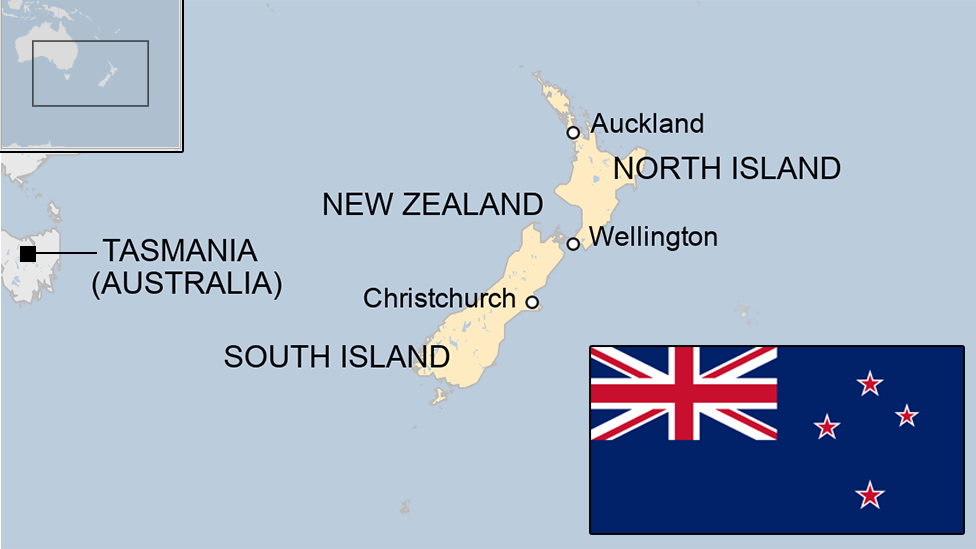Cook Islands country profile
- Published
This page is no longer being updated. It was last updated on 23 August 2023
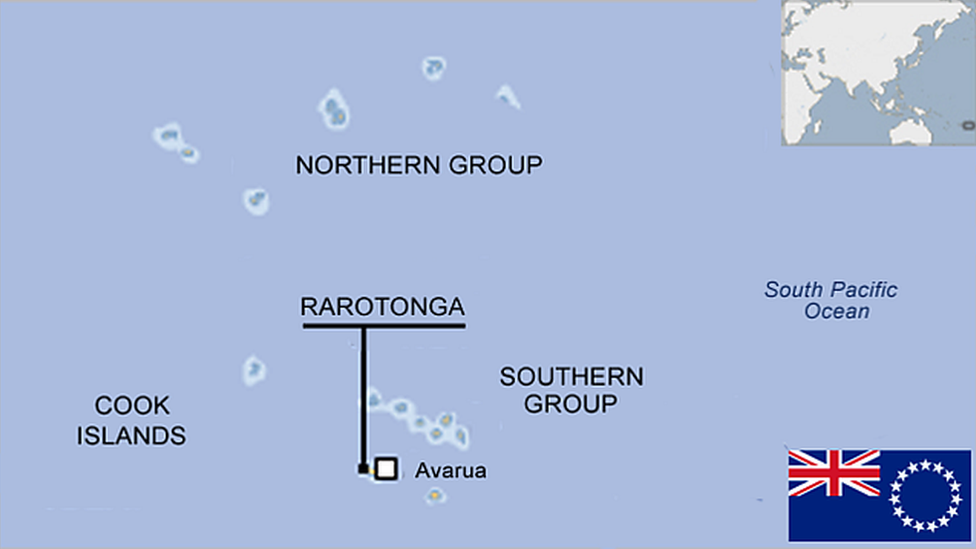
The 15 volcanic islands and coral atolls of the Cook Islands are scattered over 1.9 sq km of the southern Pacific Ocean, between Tonga to the west and French Polynesia to the east.
Its economy centres on tourism; the territory's natural assets include fine beaches and volcanic mountains.
The Cook Islands is a self-governing island country in free association with New Zealand. Wellington provides it with aid and assistance and islanders have New Zealand citizenship.
Since 2001 it has taken charge of its own foreign and defence policy, though it relies on New Zealand for its defence.
More than twice as many Cook Islanders live in New Zealand than live in the islands themselves.
Named after Captain Cook, who explored them in 1773, the islands were once autonomous, home to tribes of mixed Polynesian ancestry.
Governments still seek advice on matters of culture, custom and land ownership from a council of hereditary leaders known as the House of Ariki.
Read more country profiles , external- Profiles by BBC Monitoring, external
COOK ISLANDS: FACTS
Capital: Avarua
Area: 236.7 sq km
Population: 17,450
Languages: English, Cook Islands Maori, Pukapukan
Life expectancy: 72 years (men) 78 years (women)
LEADERS
Head of state: King Charles III, represented by a King's representative
Prime Minister: Mark Brown
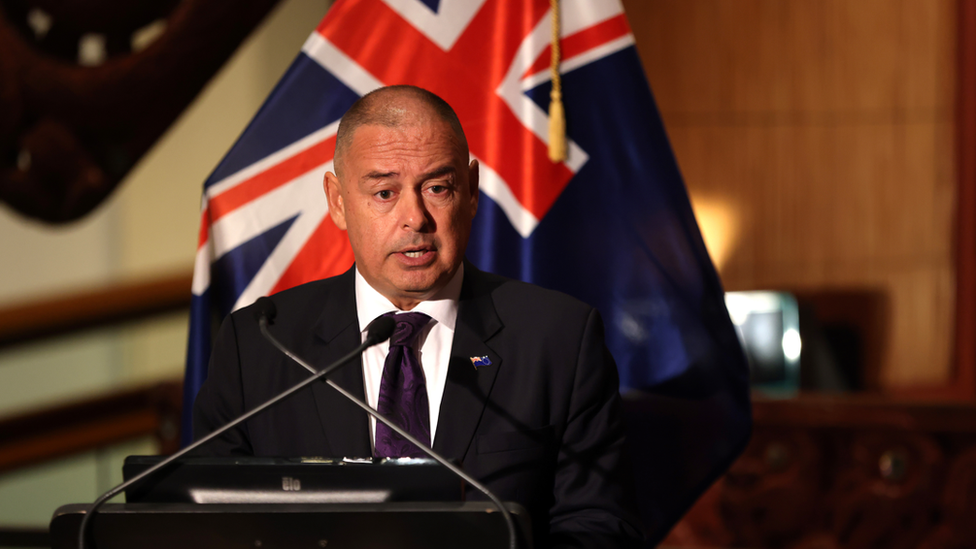
Mark Brown was re-elected Prime Minister in the August 2022 general elections. He had become prime minister on the retirement of Henry Puna in October 2020, having served as finance minister since 2010.
MEDIA
The main radio and TV stations are operated by the privately-owned Pitt Media Group, which also publishes weekly newspapers.
Radio Australia broadcasts on FM on Rarotonga.
Read full media profile
TIMELINE
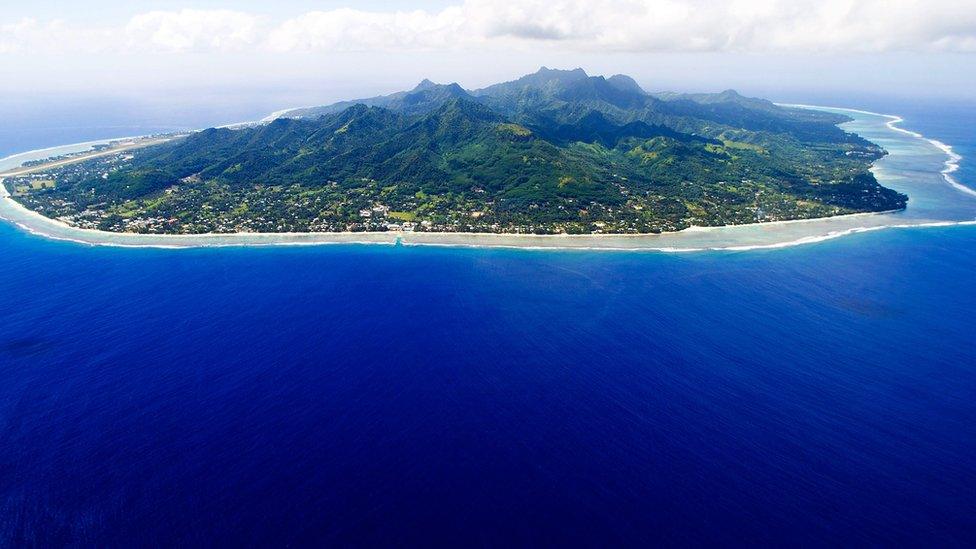
Rarotonga is the largest of the Cook Islands
Some key dates in the history of the Cook Islands:
1596 - Spaniard Alvaro de Mendana is the first European to sight the islands.
1773 - Captain James Cook explores the islands and names them the Hervey Islands. Fifty years later they are renamed after him.
1821 - English and Tahitian missionaries arrive, become the first non-native settlers.
1888 - Cook Islands are proclaimed a British protectorate and a single federal parliament is established.
1901 - Islands are annexed to New Zealand.
1946 - Legislative Council is established. For the first time since 1912, the territory has direct representation.
1965 - Islands become a self-governing territory in free association with New Zealand.
1985 - Agreement on creating a South Pacific nuclear-free zone - the Rarotonga Treaty - is opened for signing on the main island.
1994 - A proposal for the Cook Islands to change its name is rejected in a referendum.
2017 - The Cook Islands creates the world's largest marine reserve - covering one million sq km of the Pacific Ocean.
2019-2020 - There are renewed calls for the Cook Islands to change its existing colonial-era name to an indigenous Māori name.
2022 - The US recognizes the Cook Islands and Niue as sovereign states, in line with a new Pacific plan that will pump $1.4bn into the region.
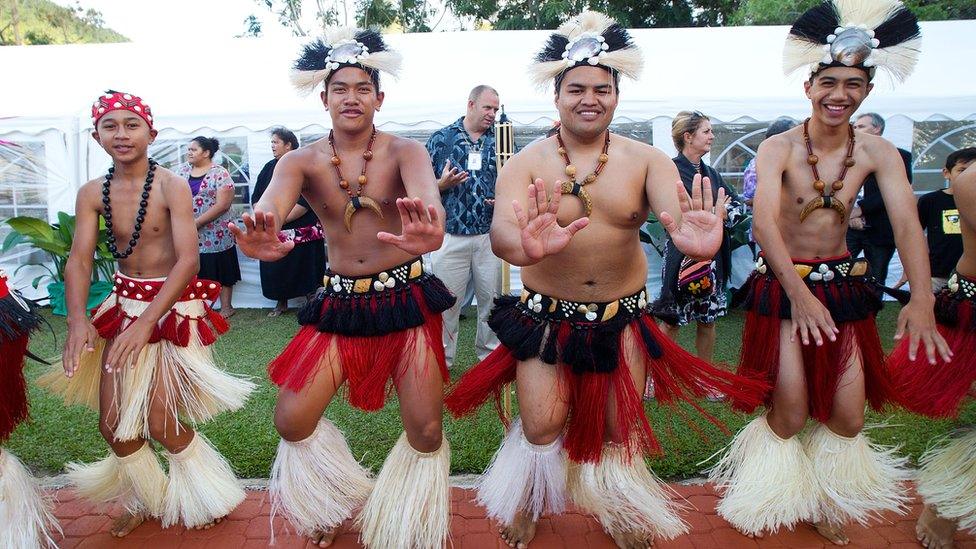
Cook Islands dancers in traditional dress
Related topics
- Published23 August 2023

- Published23 August 2023
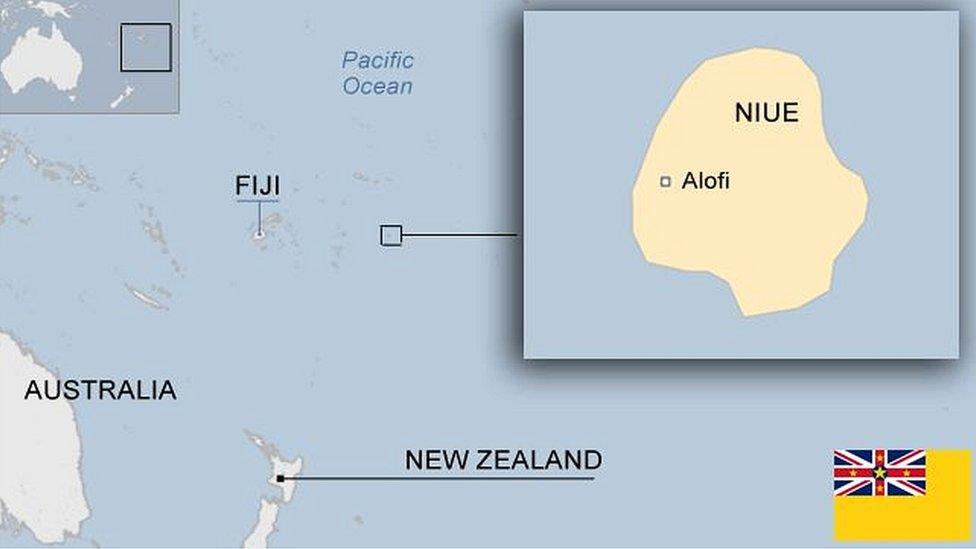
- Published27 October 2023
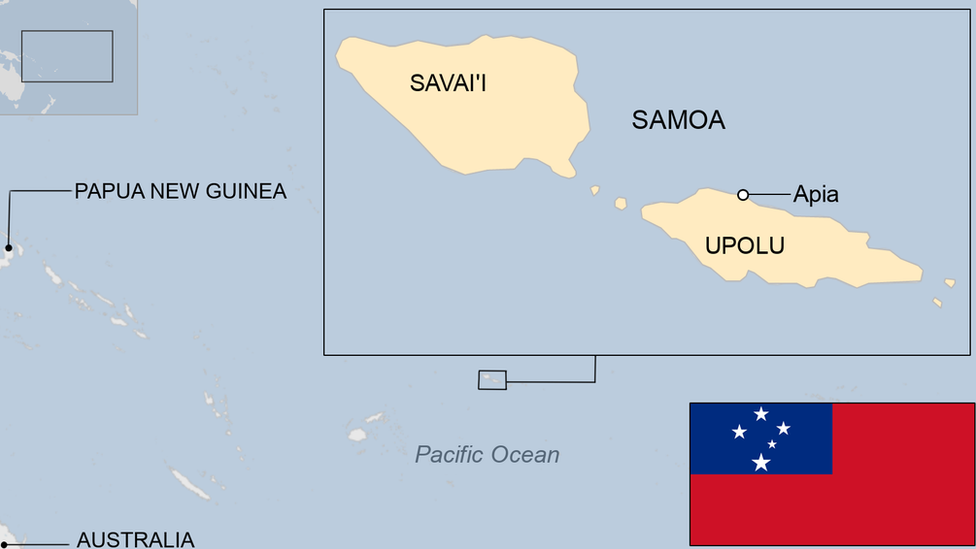
- Published30 October 2023
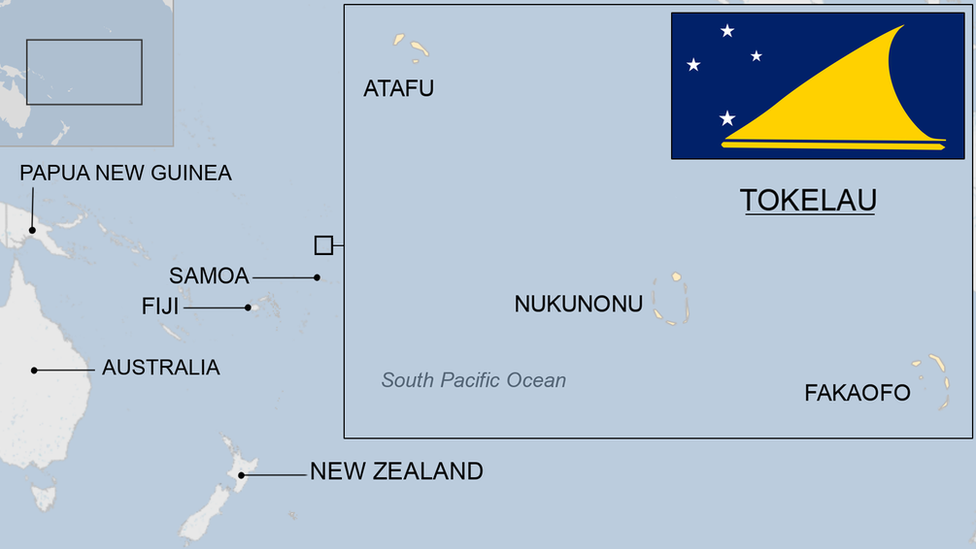
- Published24 May 2024
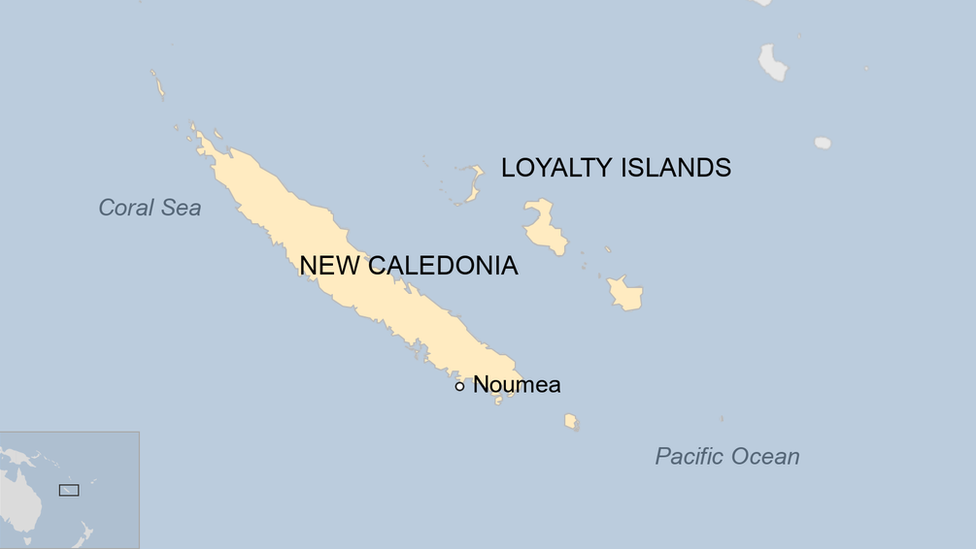
- Published22 August 2023
